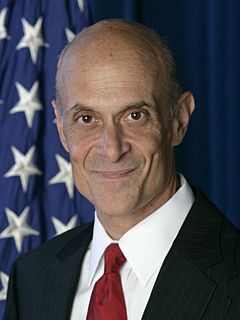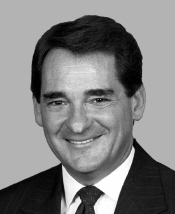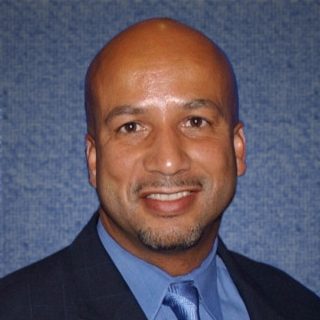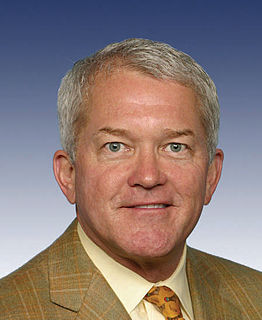A Quote by Mitch Landrieu
Eighty-five percent of us in this country, by the way, live in coastal areas, so again, Katrina and Rita were not just about New Orleans. There were a lot of lessons that the nation can learn from us if they just pay attention to the things that are going on down here.
Related Quotes
During the first campaign, one of my jobs as my husband's spouse was to travel around the country and really listen to women. There were voices that were new to me: the voices of military spouses, many of them women, and veterans.... I was overwhelmed by their challenges, and the notion that we as a country don't even know that these women exist, because we live in a country where one percent of the population protects the rights and freedoms of the other 99 percent of us. I thought that if I had the opportunity to serve as First Lady, I was going to use this platform to be their voice.
We thought that the odds of things working OK were up in the upper 90 percent or we wouldn't have gone. But the - there were some problems cropped up on the flight but was able to take care of those OK and - although they were things that we hadn't really trained that much for. But it was the time of the Cold War and so there were was a lot of pressure on the - to get going and the Russians were claiming that they were - Soviets were claiming they were ahead of us in technology.
There's a difference in our ages [with Leonardo DiCaprio], but we were both in the same sort of position [on The Quick and the Death movie].Everyone below us in a casting position were all these really famous character actors like Keith David. And they were looking at the two of us going, 'Who are these guys?' So that naturally kind of put us together in a way where we'd just hang out together because we didn't care about status. We just wanted to enjoy the experience. The two things that have changed about Leo [ DiCaprio] since that time: he can drink legally and he's no longer a virgin.
We packed up all the worldly possessions we could carry with us and took the next flight to Hawaii from Washington. It took just about every cent my family had to our name just to pay the plane fare. When we arrived, we had about $15 left among us. We were really in pitiful shape. But we were together, and we were alive, and this was all that mattered.
From the simplest lyric to the most complex novel and densest drama, literature is asking us to pay attention. Pay attention to the frog. Pay attention to the west wind. Pay attention to the boy on the raft, the lady in the tower, the old man on the train. In sum, pay attention to the world and all that dwells therein and thereby learn at last to pay attention to yourself and all that dwells therein.
Much of the attention on oceans has portrayed oceans as a villain. Warm water strengthened Hurricane Katrina that pounded Louisiana. Rising sea level will flood islands and coastal areas. Or, we're talking about new opportunities like a new shipping lane in the Arctic because of melting sea ice. These may be the obvious problems, but they're probably not the biggest ones.
Eventually we realize that not knowing what to do is just as real and just as useful as knowing what to do. Not knowing stops us from taking false directions. Not knowing what to do, we start to pay real attention. Just as people lost in the wilderness, on a cliff face or in a blizzard pay attention with a kind of acuity that they would not have if they thought they knew where they were. Why? Because for those who are really lost, their life depends on paying real attention. If you think you know where you are, you stop looking.
The US is a country [in which] eighty percent of the population thinks the Bible was written by god. About half think every word is literally true. So it's had to appeal to that - and to the nativist population, the people that are frightened, have always been... It's a very frightened country and that's increasing now with the recognition that the white population is going to be a minority pretty soon, "they've taken our country from us."


































